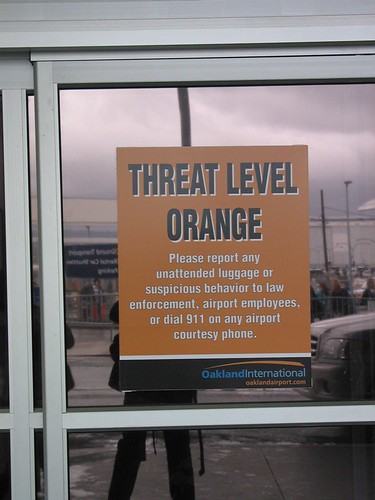What’s more effective in a negotiation: anger or threats?
.Is communicating anger or threats more effective in eliciting concessions in negotiation? Recent research has emphasized the effectiveness of anger communication, an emotional strategy. In this article, we argue that anger communication conveys an implied threat, and we document that issuing threats is a more effective negotiation strategy than communicating anger. In 3 computer-mediated negotiation experiments, participants received either angry or threatening messages from a simulated counterpart. Experiment 1 showed that perceptions of threat mediated the effect of anger (vs. a control) on concessions. Experiment 2 showed that (a) threat communication elicited greater concessions than anger communication and (b) poise (being confident and in control of one’s own feelings and decisions) ascribed to the counterpart mediated the positive effect of threat compared to anger on concessions. Experiment 3 replicated this positive effect of threat over anger when recipients had an attractive alternative to a negotiated agreement. These findings qualify previous research on anger communication in negotiation. Implications for the understanding of emotion and negotiation are discussed.
Source: “Hot or cold: is communicating anger or threats more effective in negotiation?” from J Appl Psychol. 2011 Sep;96(5):1018-32.
Join 25K+ readers. Get a free weekly update via email here.
Related posts:
10 things you need to know about persuasion
7 of the most powerful persuasion techniques by expert Robert Cialdini (Video)





